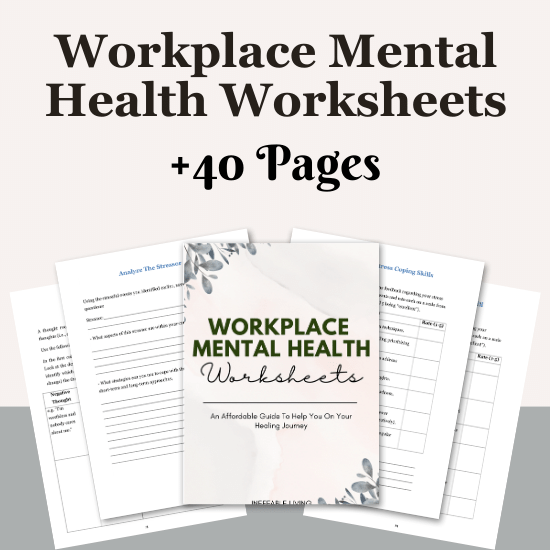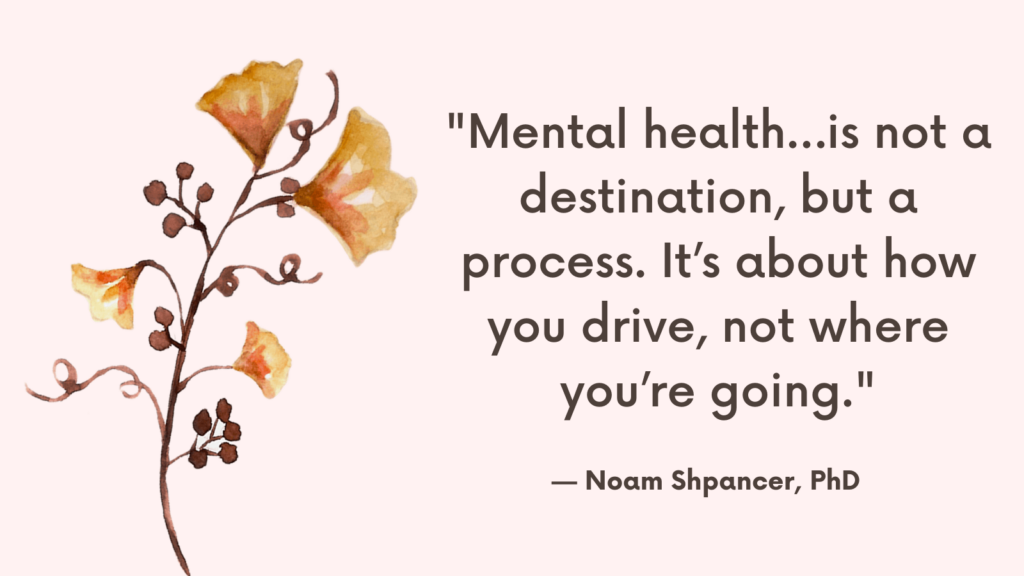In today’s fast-paced world, mental exhaustion and burnout are becoming more common. If you’re feeling overwhelmed, emotionally drained, or struggling to function at work, it may be time to consider a mental leave of absence.
A mental health leave is a necessary step toward recovery, balance, and overall well-being—not a sign of weakness.
What Is a Mental Leave of Absence?
A mental leave of absence is time away from work or school to focus on your mental health and well-being. It may be short-term (a few days or weeks) or long-term (several months), depending on your condition and your employer’s policies.
It is often used for:
Burnout and chronic stress
Anxiety or depression management
PTSD or trauma recovery
Grief or personal crises
Mental health treatment and therapy
The goal of taking mental leave is not just to escape stress but to heal and reset.
Related: How to Use Atomic Habits for Mental Health?
Signs You Might Need a Mental Health Leave
- You feel constantly exhausted, even after rest
- Your productivity and focus have significantly dropped
- You’re struggling with motivation and emotional numbness
- You experience frequent anxiety or panic attacks
- You feel detached or disinterested in work and life
- You’ve had mood swings, irritability, or unexplained sadness
- Your sleep, appetite, or physical health is worsening due to stress
- You’re relying on unhealthy coping mechanisms (alcohol, isolation, avoidance)
If you’ve tried self-care, therapy, or small breaks, and nothing is improving, a mental leave might be necessary.
Related: Top 100 Mental Health Reminders
How to Request a Mental Health Leave?
1. Check Your Company’s Leave Policies
Look into HR policies regarding medical leave, sick days, or personal leave.
Many employers offer FMLA (Family and Medical Leave Act) or paid/unpaid mental health leave.
If unsure, contact:
HR Department – Ask about mental health leave options.
Employee Assistance Programs (EAP) – Some workplaces offer free therapy and mental health resources.
2. Talk to Your Doctor or Therapist
A doctor, psychiatrist, or therapist can provide medical documentation if needed.
They can assess your condition and recommend the appropriate leave duration.
If medication or therapy is required, they can help set up a treatment plan.
A doctor’s note can protect your job while giving you time off to heal.
Related: Top 45 Self Care Day Ideas at Home To Kickstart Your Self Care Ritual
3. Prepare for the Conversation with Your Employer
It’s okay to feel nervous about discussing mental health at work. Here’s how to professionally request leave:
Be direct, but professional:
“I need to take a medical leave of absence for health reasons.”
“I’m experiencing mental health challenges that require time for recovery.”
You don’t have to disclose details. Keep it simple and professional.
If needed, provide a doctor’s note to validate your request.
Ask about flexible options (e.g., remote work, reduced hours, gradual return).
Your mental health is just as important as physical health—don’t feel guilty for prioritizing it.
Related: Why You Can’t Pour From An Empty Cup? 8 Reasons
Making the Most of Your Mental Health Leave
A mental health leave is not just about taking time off—it’s about healing and resetting.
1. Prioritize Rest & Self-Care
Sleep well – Restore your body with proper rest.
Eat nourishing meals – Fuel your body with healthy foods.
Move your body – Gentle walks, yoga, or stretching can help.
Practice mindfulness – Meditation, journaling, or deep breathing.
2. Seek Therapy or Professional Help
Use this time to work with a therapist or counselor.
If prescribed medication, follow through with treatment plans.
Explore stress management techniques for long-term mental well-being.
Related: How To Nurture Yourself? Top 12 Tips
3. Disconnect from Work Stress
Avoid checking work emails or taking work calls.
Set clear boundaries with colleagues or supervisors.
Shift your focus from work performance to personal healing.
You cannot heal if you’re still mentally attached to workplace stress.
4. Reconnect with Yourself & Loved Ones
Spend time with supportive friends and family.
Engage in activities that bring joy (reading, music, art, nature).
Give yourself permission to do nothing without guilt.
Related: Best 18 Self Compassion Journal Prompts (+FREE Worksheets)
5. Plan for a Healthy Return
Before returning, set up a stress management plan (e.g., lighter workload, flexible schedule).
Consider gradual reintegration (e.g., part-time return before full-time).
Discuss workplace accommodations if needed.

Your Mental Health Matters—Take the Time You Need
A mental health leave is not a luxury—it’s a necessity if your well-being is suffering. Prioritizing your mental health can prevent burnout, improve emotional stability, and help you return stronger.



